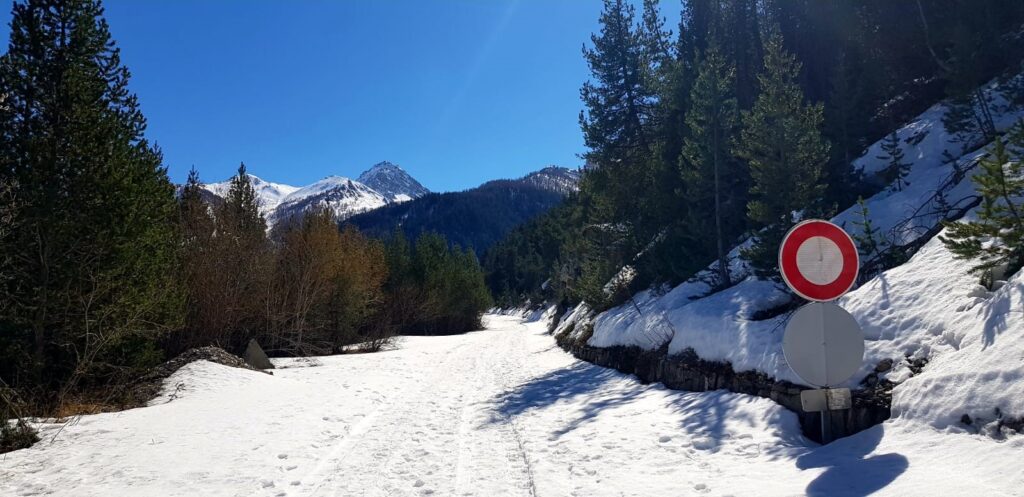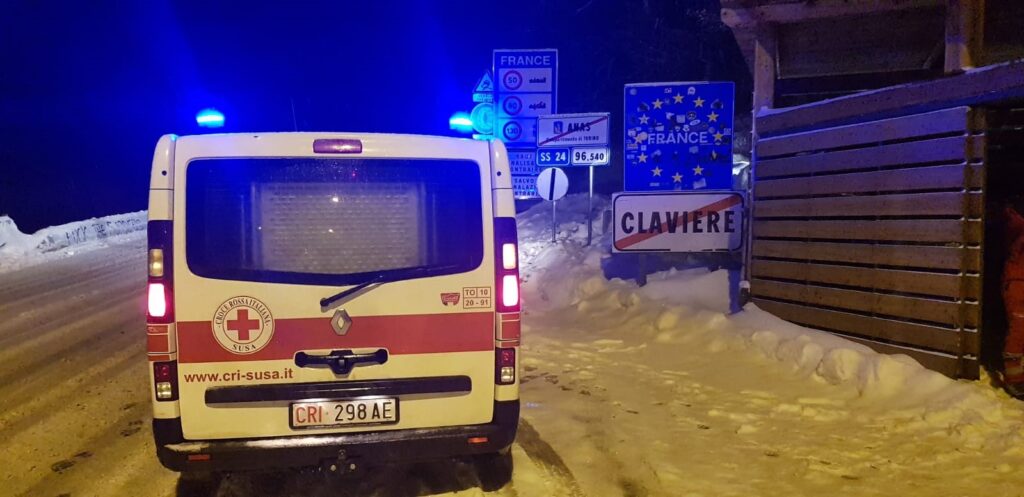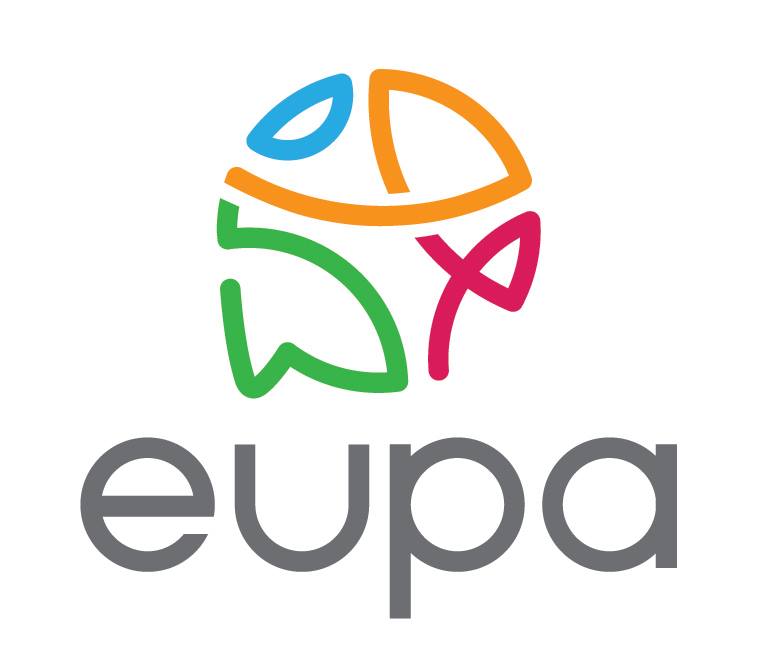Whilst much literature and media output surrounding migration tends to focus on specific windows of the migrant journey, the truth is that many journeys are much longer than these snapshots convey. Often, the same individuals undertake journeys that can last months or years and cover multiple countries, continents, and seas.
One of the most regularly under-reported aspects of migration today is what happens once migrants enter Europe via the Mediterranean, and their subsequent journeys across Europe’s national borders. Many of these routes have just the same potential as Mediterranean crossings to be dangerous and even deadly for the people who attempt them. Channel crossings to the UK, for example, are often made using small, overburdened boats not fit for purpose. No less dangerous are overland crossings such as the Western Balkan Route, which culminates in a treacherous forest trail leading into the European Union through Croatia.
Another route for irregular migration within Europe is the mountain crossing between Italy and France. Whilst many think of the idyllic Alpine countryside as an ideal get-away for snow sports or mountain biking, for many migrants the deep snow drifts and intimidating terrain represent only another barrier in their search for a better life in Europe.
In 2018, it is estimated that around 5,000 migrants attempted to reach France via this route, with many being turned back by French border security, losing their way in the snow, or succumbing to frostbite or hypothermia. The first known casualty from this year’s winter crossings was reported at the beginning of February: Derman Tamimou, a 29-year-old man from Togo, died of hypothermia just six miles from the French-Italian border. This situation is especially problematic since the recent tightening of border controls by French authorities has led migrants to take more dangerous routes, where paths are more difficult to patrol.
Anti-immigration rhetoric and the recent introduction of hard-line policies in Italy have led to an environment of hostility, with the so-called Salvini Decree leaving migrants vulnerable to homelessness and insecurity. In addition to this, migrants in Italy have often found themselves trapped in cycles of modern day slavery, forced into sex-work or labour to pay debts to traffickers, or trapped in caporalato. In this context, it is hardly surprising that many migrants opt to undertake a dangerous journey further into Europe, in the hope of finding more support and stability.
However, this journey often ends in disappointment, even for those who are lucky enough to make it to France unscathed – the ‘growing militarization of the border’ has led around half the migrants attempting this crossing to be returned to Italy. A report by Amnesty International also highlights how refoulement is not the only problem that awaits migrants at the French border, citing ‘threatening’ remarks and a lack of translators among the many barriers to asylum application. Further investigations have also revealed forced removal of documents from minors without explanation, prior to push-back into Italy.
Whilst there are a number of organisations attempting to provide aid in the area to migrants who are often cold, hungry, and poorly clothed, there remains a persistent problem with the criminalisation of these charities, whose volunteers are liable to face time in prison for their actions. This criminalisation leads to even greater gaps in already limited resources for vulnerable migrants.
In light of these issues, MOAS is planning to start supporting assistance to migrants in the Alpine region. By providing an all-terrain vehicle to the Italian Red Cross, who are already operating in the area, we will help to increase the reach and efficiency of their operations. Our partnership will provide life-saving medical aid, food and water, as well as crucial information to people attempting the Alpine crossing. Our vehicle will also help bring migrants to safety in the event of bad weather or medical emergencies.
If you are interested in the work of MOAS and our partners, please follow us on social media, sign up to our newsletter and share our content. You can also reach out to us any time via [email protected]. If you want to support our operations, please give what you can at www.moas.eu/donate.



